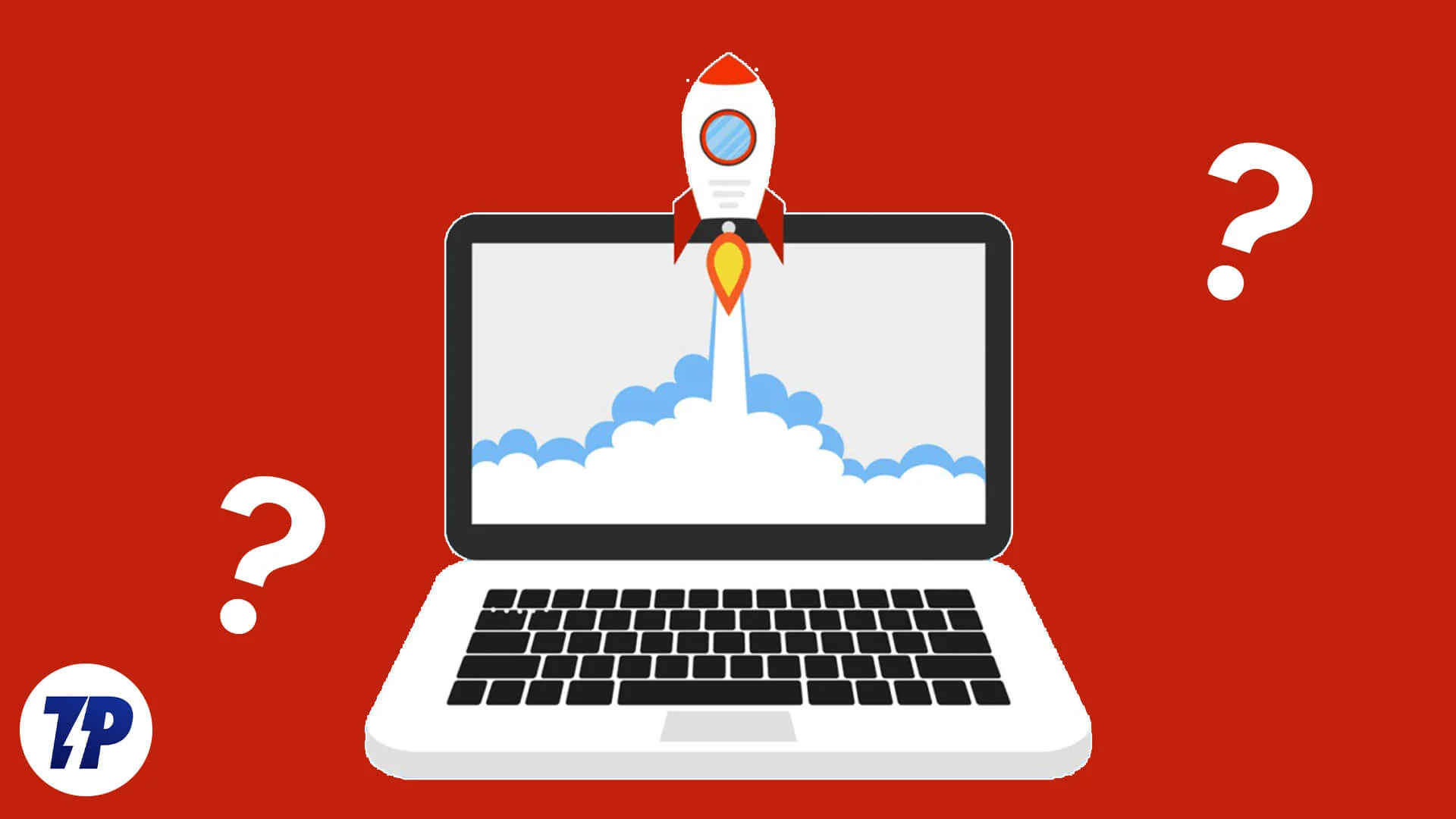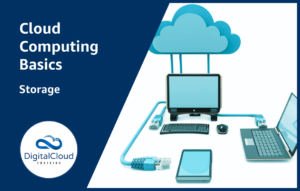Almost everyone has experienced the frustration of a slow computer. Whether you’re trying to finish a project, watch your favorite show, or just browse the internet, a slow device can make everything more difficult. The good news is that you don’t always have to buy new equipment or undergo expensive upgrades to fix your computer. With the right methods, you can free up space on your hard drive and make your system run faster and smoother. This article will introduce you to some practical and easy ways to speed up your computer without spending a fortune.
Delete unnecessary files
Computers store temporary files, saved data, and unnecessary downloads, which gradually fill their storage space over time. This digital clutter not only takes up space but also slows down your system. Deleting old files can significantly speed up your system. First, clear out your recycle bin and delete all unnecessary files. Furthermore, most operating systems have built-in disk cleanup tools that can safely delete temporary files and system clutter. The faster your computer runs, the more free space you’ll have on your hard drive.
Manage startup programs well
Having too many applications launching automatically at startup is a common cause of slow boot times. Many applications run in the background when you’re not using them, taking up memory and processing power. Check your startup settings to ensure that unnecessary applications aren’t launched at startup. This will make your computer boot faster and run more smoothly overall.
Remove unused software
When you no longer use old software or applications, they take up space and sometimes run in the background. Removing them not only frees up space but also makes your computer run more efficiently. Review your list of installed applications and remove any you haven’t used in months. This simple step can instantly make your computer lighter and faster.
Keep your operating system and drivers up to date
An often-overlooked key to improving efficiency is keeping your system up to date. Software updates often fix bugs, patch security holes, and increase the speed of programs. The same goes for drivers, which tell your system how to communicate with your hardware. Keeping your drivers up to date ensures that all components of your computer run quickly and efficiently. Using outdated software can slow down your system, so it’s crucial to keep them updated.
Optimize background processes
Many applications run in the background, even when you’re not using them. These tasks consume memory and computer resources. You can check which applications are using the most resources by checking Task Manager. Closing unnecessary hidden processes can quickly speed up your system. Running these tasks daily ensures that your computer only performs the tasks you need.
Change viual effects
Modern operating systems have built-in graphic effects such as reflections, motion, and transparency. These features can make your computer look more attractive, but they can also slow it down, especially on older computers. By changing your settings to disable or reduce unnecessary graphics features, you might see a difference in speed. You don’t always need fancy graphics for a smooth experience. Sometimes a simpler design is faster and better.
Clear Cookies
If you’re having trouble browsing the web quickly, your browser might be storing too many cookies, saved files, and information. Clearing this information can significantly speed up your connection. Adding too many plug-ins or applications can also slow down your browser. You can speed up your browsing experience by closing or uninstalling applications you don’t use often. A lighter, simpler browser loads pages faster and scrolls more smoothly.
Clean Your Hard Drive
If you have an older computer with a standard hard drive, you can speed it up by defragmenting it. Over time, files become scattered across a hard drive, making it harder for the drive to find data. Defragmenting moves files around so they can be stored more efficiently, making them easier to access and running more smoothly. This step isn’t necessary if you have a solid-state drive (SSD), but it can be very useful if you have a hard drive.
Reboot Regularly
While it sounds simple, one of the best ways to keep your system resources full is to reboot your computer regularly. When you reboot your computer, temporary files are deleted.
Programs running in the background. Malware, spyware, and viruses can slow down your computer’s performance by consuming resources and disrupting normal tasks. A comprehensive security scan with a good protection tool can keep your computer running safely and optimally. Most operating systems have built-in, free security tools that can perform basic scans.
Frequently Asked Questions
Why does my computer slow down over time?
When a computer is cluttered with files, old software, and constantly running background tasks, it can slow down. Regular maintenance can prevent this.
Should I upgrade my computer to new technology to make it faster?
Not always. Before buying new hardware, you can get significant free speed improvements by cleaning up software and files and tweaking settings.
How often should I clean my computer?
A simple monthly cleanup is a good idea. This involves deleting unused files, closing unused programs, and clearing your browser cache.
Does having too many open tabs slow down my browser?
Yes, having too many open tabs takes up memory, especially on older computers. Closing unused tabs can free up space and increase speed.
Is it still important to clean up your browser?
Defragmenting your hard drive is still a good idea, regardless of the type of hard drive you use. However, if your computer uses a solid-state drive (SSD), defragmenting isn’t necessary, as SSDs handle data differently.
In short
You don’t have to spend money to make your computer faster. You can speed it up with simple things like cleaning up unnecessary files, managing startup programs, and keeping your software up to date. Small changes, like changing your visual settings and restarting regularly, can make a big difference. If your computer is slow, it might not be time to buy a new one just yet. Often, with a little attention and regular maintenance, you can get your computer running normally again quickly. These simple and free tips will make your computer run smoother, so you can work and play without the wait.




